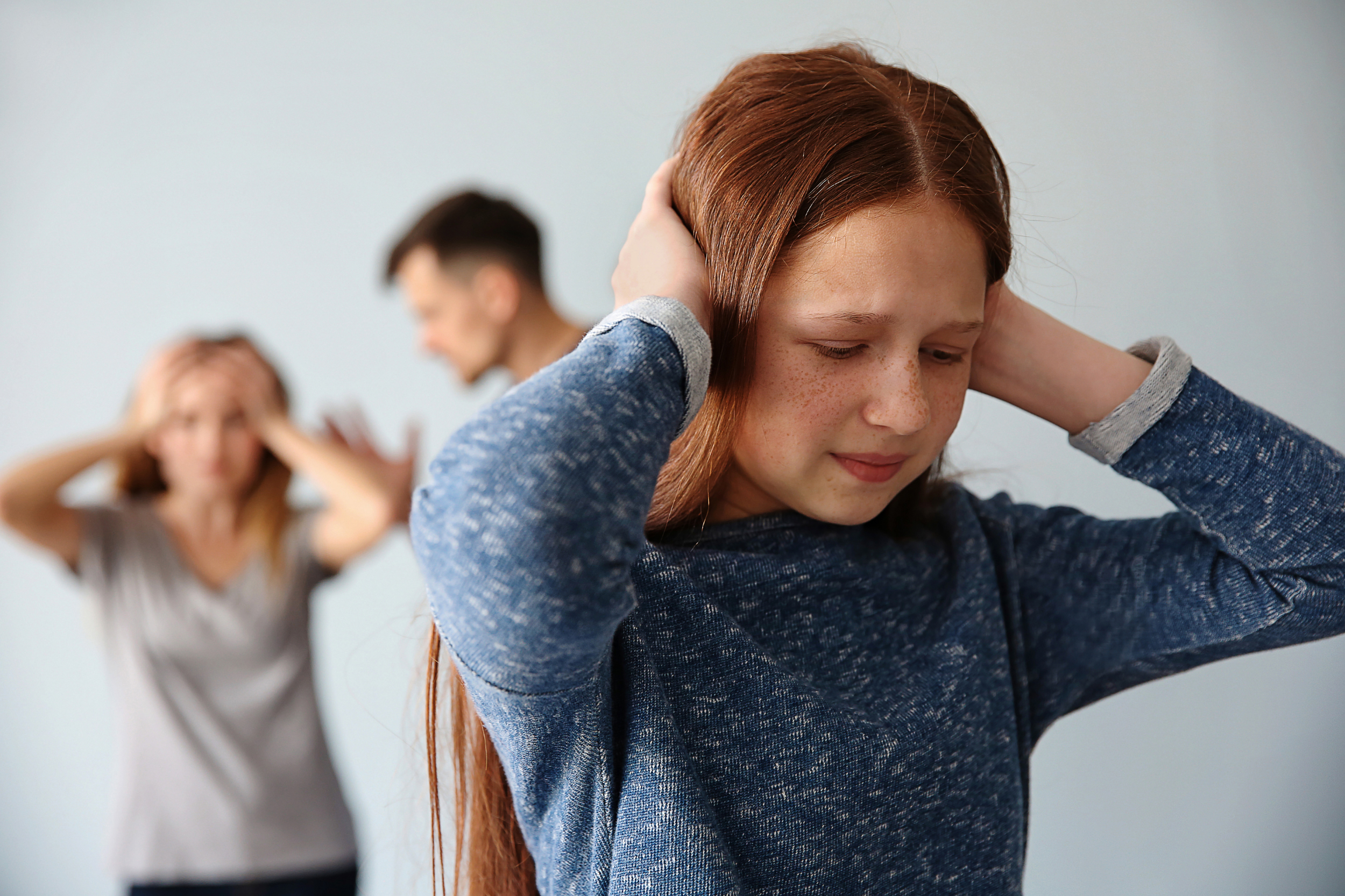People. They live in our homes, we have to work with them, go to school with them and interact with them one way or another to get the things we need. They’re everywhere, and we have to deal with them daily. Peopling can sometimes be downright exhausting. Even the most outgoing, extroverted social butterflies can feel the effects of social stress. But what exactly is social stress? How does this affect our mental health, and what can we do to remedy it without getting rid of all the people?
Social Stress and Social Anxiety. What’s the Difference?
Social stress is the stress you feel from social situations, whereas social anxiety is a feeling of severe anxiety from being in any social situation, including daily interactions. Social anxiety disorder causes a person to be highly fearful of interactions to the point of complete avoidance, which can cause a lot of disruption in their lives.
Even though social stress is not as severe as social anxiety, prolonged social stress can have severe impacts and strain on your relationships.
Where We Experience Social Stress
Social stress can appear anywhere in your life. Your friendships, work relationships, personal relationships, and so on can all be sources of social stress. Pressure from friends, hostile work environments, and family just being family; all of these sources of social stress can really put a strain not only on your relationships with people but also on yourself. You may feel you are losing your sense of belonging, your self-esteem might start taking a hit, and your overall enjoyment of being around others might start falling.
How You Can Conquer Your Social Stress
While every situation is different, a few universal remedies can help you relieve your social stress.
-
Reevaluate how you communicate with others.
Take a closer look at how you communicate with others and how they communicate with you. Miscommunication can be a significant underlying cause of your social stress.
-
Understand your own stress.
How susceptible and resilient you are to stress will impact how you are affected by social stressors. Knowing this can help you develop ways to cope and how to better navigate stressful situations.
-
Take a look at how you manage tasks.
We all work differently. When we have to work with others, conflicts may arise because of our unique work styles. Taking a step back and understanding how you and your peers handle tasks can help you find the most effective ways to tackle your tasks.
-
Get a new perspective of how others think.
We don’t always have to agree with each other, but we can understand why people think the way they do. Looking at things from another person’s perspective can help conflict resolution and compromise.
Want to learn more? Check out Sum! A new innovative app to help us understand ourselves and our peers.





